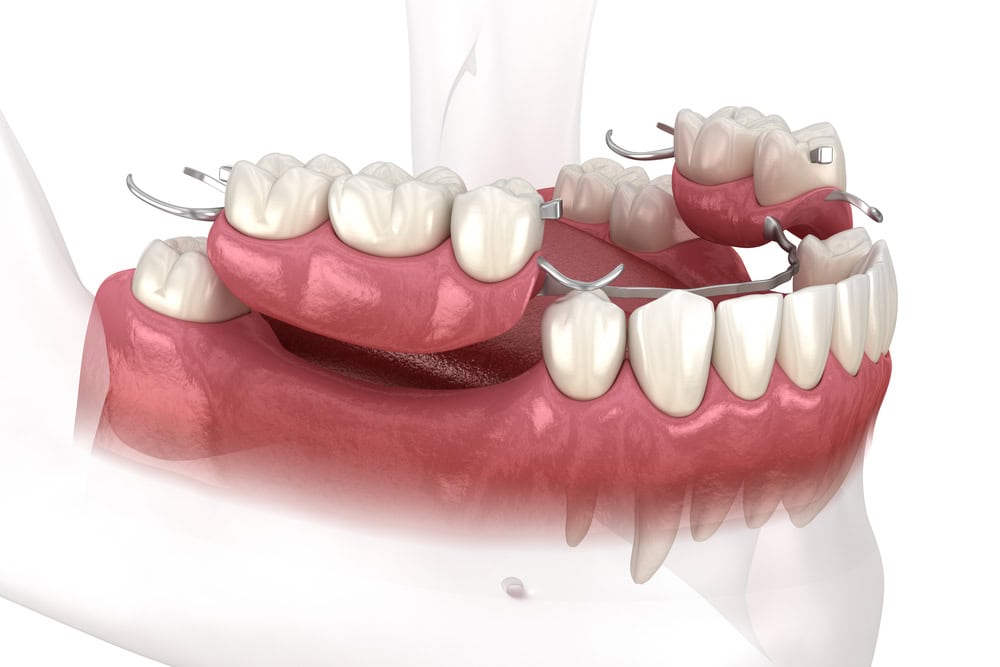On average, a dental filling takes between 30 to 60 minutes to complete. This process is a common restorative treatment in dentistry, with the aim of repairing minor to moderate damage to the teeth.
In this article, we discuss the factors that affect the timing of tooth restoration, the procedure for getting a dental filling, preparation time, aftercare, and the benefits associated with this type of treatment.
What is a Dental Filling?
A dental filling is a common restorative dental procedure that involves the placement of a material into a prepared site on a tooth to restore its normal shape and function. The filling material is typically used to fill areas of the tooth caused by tooth decay.
Common filling materials include composite fillings, gold fillings, and porcelain fillings. Composite resin fillings are the most commonly used filling material and can be matched to the colour of an individual’s tooth. Gold fillings are a more durable option but are more expensive. Porcelain fillings are also a popular choice, as they are less likely to stain and blend in with the tooth’s natural colour.
Maintaining good oral hygiene and regular dental visits is important to help reduce the risk of developing tooth decay. If left untreated, a decayed tooth can cause serious damage to an individual’s oral health.
Factors that Affect the Timing of Tooth Restoration
The complexity of the procedure, the extent of the damage, and the type of materials used can all influence the duration of a tooth restoration.
Dental fillings can take anywhere from 30 minutes to an hour for a single tooth, while more extensive treatments, such as root canal treatments, can take up to multiple visits. Tooth sensitivity, dental cavities, and internal tooth decay may require more extensive treatments.
The filling used (composite resin material, dental crown, etc.) will also affect the duration of the procedure. For a single cavity filling, a composite resin material is typically used. For more moderate damage, more extensive treatments such as dental crowns may be recommended.
Depending on the filling used and the extent of treatment needed, the duration of the tooth restoration can vary from 30 minutes to multiple visits.
The Procedure for Getting a Dental Filling
The complexity of the procedure and the extent of the damage are determiners of the duration of a dental filling. Generally, a standard procedure for a filling, also known as a cavity filling, includes the following steps:
- Examining the affected tooth: Dental professionals will use X-rays or other imaging tests to examine the tooth and determine the extent of the damage.
- Preparing the tooth: If the tooth has a deep cavity, a filling material such as amalgam or composite may be used to fill the cavity or fissure. If the tooth has a broken or decaying surface, a simple filling may be enough.
- Applying the filling material: After the cavity is prepared, the filling material is applied and hardened. This process usually takes a single visit and is managed by a team of dental professionals.
For sensitive teeth or broken teeth, a root canal may be necessary. In such a case, the duration of the procedure will depend on the treatment’s complexity and the damage’s extent.
Preparation Time for a Dental Filling
The preparation of a dental filling may vary depending on the complexity of the procedure and the extent of the damage. It is important to understand the dental filling process in order to ensure the best possible outcome.
Depending on the type of tooth filling procedure required, a dental professional may suggest a fluoride treatment or other dental treatments prior to the office visit. During the appointment, a special light may be used to examine the tooth, and a number of specialized tools may be used to clean the area.
Patients should also avoid eating cold or sweet foods for the rest of the day and should focus on maintaining excellent dental hygiene after the dental filling. Regular dental checkups should also be scheduled in order to monitor the progress of the tooth filling.
Aftercare for a Dental Filling
Proper aftercare is necessary for a successful dental filling. Patients should take care to follow the dentist’s instructions following a dental filling appointment.
It is important to remember that the filling process is not instantaneous and may require additional hours of treatment to achieve a durable surface. Most patients will experience some degree of post-filling pain, however, excessive pain should not be ignored and warrants additional dental visits.
Therefore, it is important to be aware of the duration of time needed for proper dental care and treatment. To ensure the best dental treatment outcome, patients should be sure to follow their dentist’s instructions and adhere to the recommended post filling care.
This will help ensure a positive dental treatment method and a durable, effective filling.
Benefits of a Dental Filling
A dental filling offers a number of benefits, including improved aesthetics, enhanced dental health, and restore function. Filling a tooth cavity helps to prevent the entry of bacteria which can cause bad breath. It can also protect the dental enamel, which is the outermost layer of a tooth, from decay due to ultraviolet light, which can weaken the tooth structure. Additionally, a filling can also help to repair a minor fracture in the tooth, as well as protect the blood vessels and nerves in the tooth.
On average, a tooth filling takes only a few minutes per tooth and can help to preserve the natural tooth structure.
Dentists are constantly working with cutting-edge technology to provide the best dental services for their patients. As such, dental fillings are considered an effective way to prevent dental decay and are a must for anyone looking to maintain their dental health.
Key Takeaways
The dental filling procedure is a safe and reliable way to restore a decayed or damaged tooth. It can be completed quickly and efficiently, with the entire process taking between 30 minutes to an hour. The end result is a tooth that is restored to its original form and strength, with long-lasting results.
Aftercare is important in order to maintain the restored tooth, and it is important to follow the dentist’s instructions carefully. Knowing the factors that affect the timing of tooth restoration can help patients to understand their options and make an informed decision.
How can you make sure you get the best outcome from your dental filling?
If you are looking for the best dental filling procedure in the St Marys, NSW area, look no further than Western Sydney Smiles. Our experienced dentists are dedicated to providing the highest quality care and making sure you have the best outcome for your dental filling. We use the latest techniques and materials to ensure that you get the most effective and long-lasting results. Contact us today to find out more and book your appointment.







